


Vodafone Idea Ltd, one of India's major telecommunications companies, is facing financial difficulties as its stock prices continue to decline. The company has had a registered office in Gandhinagar, Gujarat since its incorporation in 1995 and is currently audited by S R Batliboi & Associates LLP. Despite efforts to improve their performance, Vodafone Idea Ltd's stock values have decreased and caution is advised for potential investors.
Vodafone Idea: A Troubled Telecom Giant
Vodafone Idea Limited (VIL), a leading telecommunications company in India, has been facing severe financial difficulties in recent years. Its stock prices have plummeted, raising concerns about the company's future viability.
Background
VIL was formed in 2018 through a merger between Vodafone India and Idea Cellular. At the time, it was the largest telecom operator in India with a subscriber base of over 400 million. However, the company has struggled to compete with rivals such as Reliance Jio and Airtel, which have offered lower tariffs and bundled services.
Current Situation
VIL's financial troubles have been exacerbated by high levels of debt, which currently stand at around ₹1.9 lakh crore. The company has also reported losses in recent quarters due to declining revenues and increased operating costs.
In May 2022, VIL's stock price reached an all-time low of ₹5.85 per share. This represented a significant decline from its peak of ₹122.75 in 2018. The company's market capitalization has also plunged from over ₹6 lakh crore to just over ₹30,000 crore.
Reasons for the Decline
Several factors have contributed to VIL's financial woes:
Government Intervention
The Indian government has been monitoring VIL's situation closely. In 2020, the government introduced a relief package for the telecom sector, which included a moratorium on spectrum payments. However, VIL has failed to fully utilize these measures to improve its financial position.
Future Outlook
The future of VIL remains uncertain. The company is currently negotiating with lenders for a debt restructuring plan. It is also exploring options to raise additional capital through a rights issue or asset sales. However, analysts have expressed skepticism about the company's ability to turn around its operations.
Top 5 FAQs
1. Why is VIL's stock price so low?
Due to financial difficulties, high debt, and intense competition.
2. Is VIL facing bankruptcy?
The company is currently negotiating with lenders to restructure its debt. Bankruptcy is possible if a deal is not reached.
3. What is the government doing to help VIL?
The government has introduced a relief package and monitored the situation closely.
4. Can VIL recover from its current situation?
The future is uncertain, but analysts are skeptical about the company's ability to turn around its operations.
5. What is the reason for VIL's high debt?
VIL has spent heavily on spectrum auctions and has a high level of overall debt.

Zomato CEO, Deepinder Goyal, responds to user feedback on the company's "Food Rescue" initiative, showing his commitment towards innovation and open recruitment. The feature, launched on October 10, 2024, offers discounted meals from cancelled orders to customers within a 3km radius, aiming to reduce food wastage and provide affordable options. While there have been concerns raised about safety and fairness, Goyal points out the efforts to ensure proper packaging and limit the number of cancellations per month. The company is also exploring partnerships with food banks and charities to further reduce food wastage.
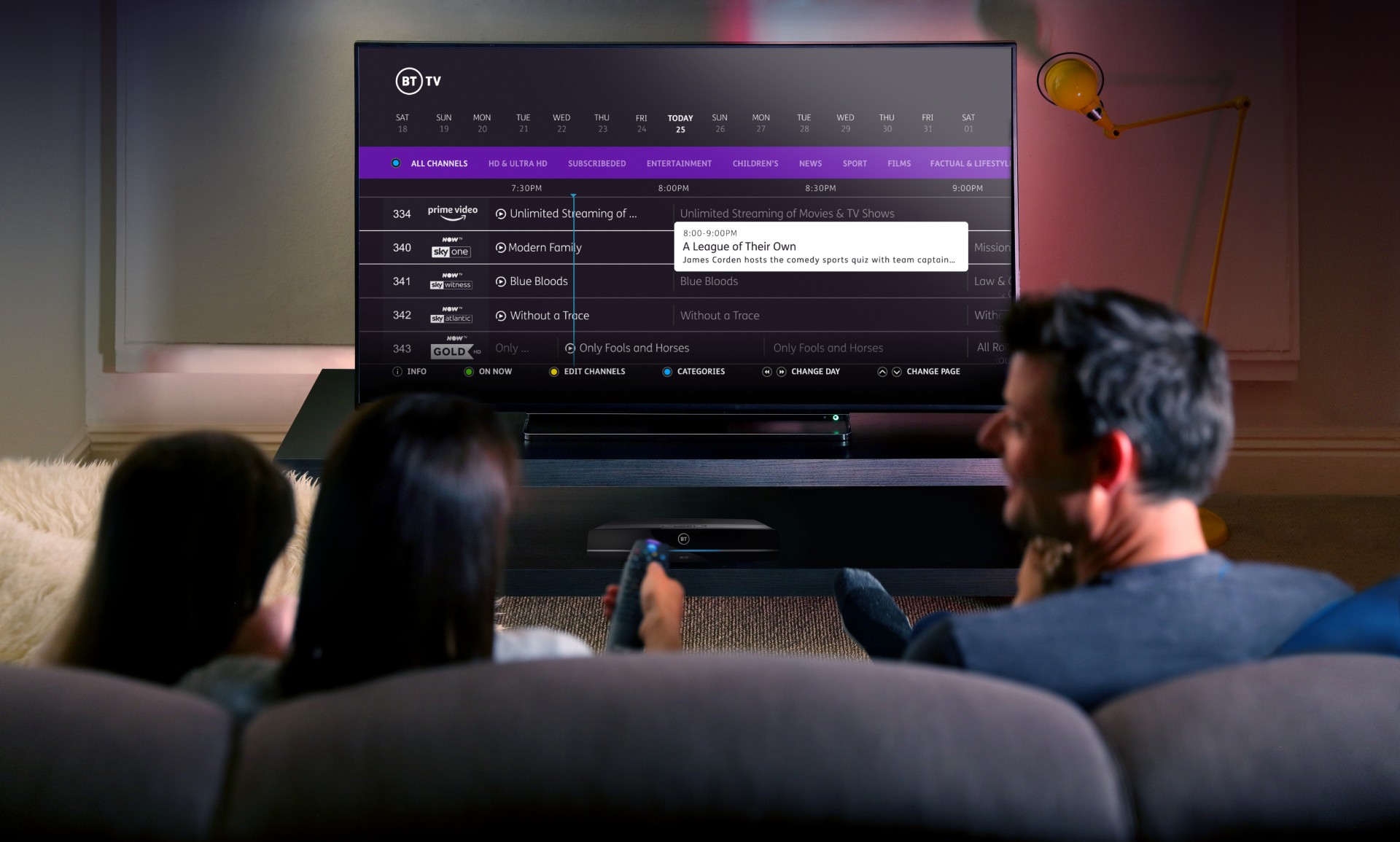
BTTV, a leading market news channel, introduces a new show called 'Daily Calls' aimed at providing viewers with expert insights and guidance on navigating the market. With access to live sessions featuring experienced analysts, the show aims to assist viewers in making informed investment decisions and building a strong portfolio. Don't miss out on this valuable opportunity to gain clarity and understanding in today's uncertain market.
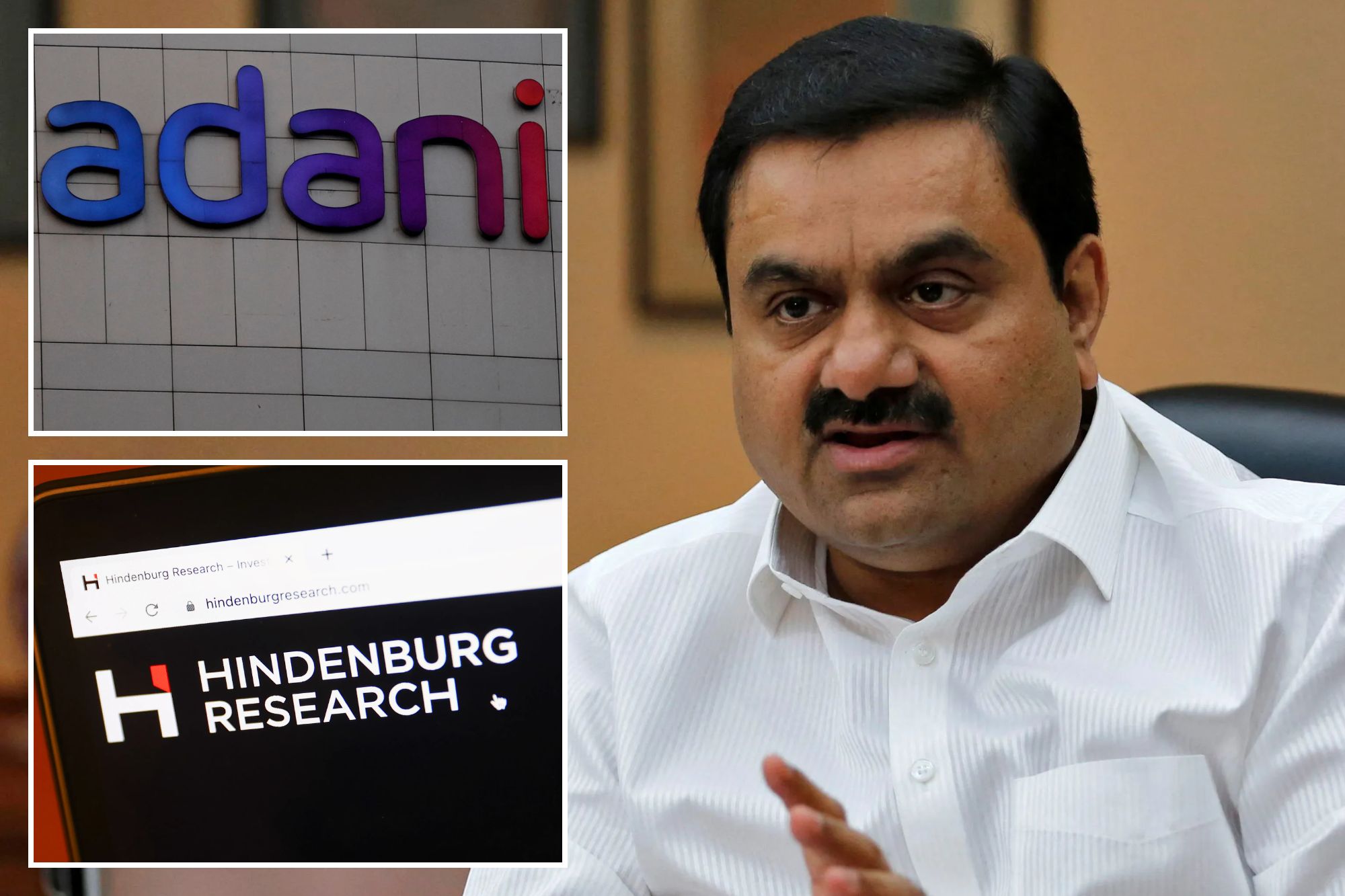
Adani Group is under scrutiny for alleged violations of disclosure norms concerning a US bribery case and the subsequent cancellation of major deals by Kenya. While the conglomerate has denied any involvement in the case, stock exchanges have sought explanations and experts believe that the Securities and Exchange Board of India (SEBI) may launch an investigation. The allegations, which include a criminal indictment and a civil complaint, could have significant consequences for Adani Group's reputation and access to international markets.

Outlandish, an e-commerce startup, is opening a new brick-and-mortar store in Santa Monica's 3rd Street Promenade, featuring a first floor of branded stalls and a second floor for shopping. The store aims to mix live online selling with in-person retail, as visitors can watch influencers and sellers on livestreams and even join in themselves. The concept taps into the growing trend of live shopping in the US, with TikTok itself actively promoting and hosting events centered around live selling. This move by Outlandish is in line with TikTok's efforts to recreate the success of its Chinese sister app, Douyin, which drives billions in annual product sales.
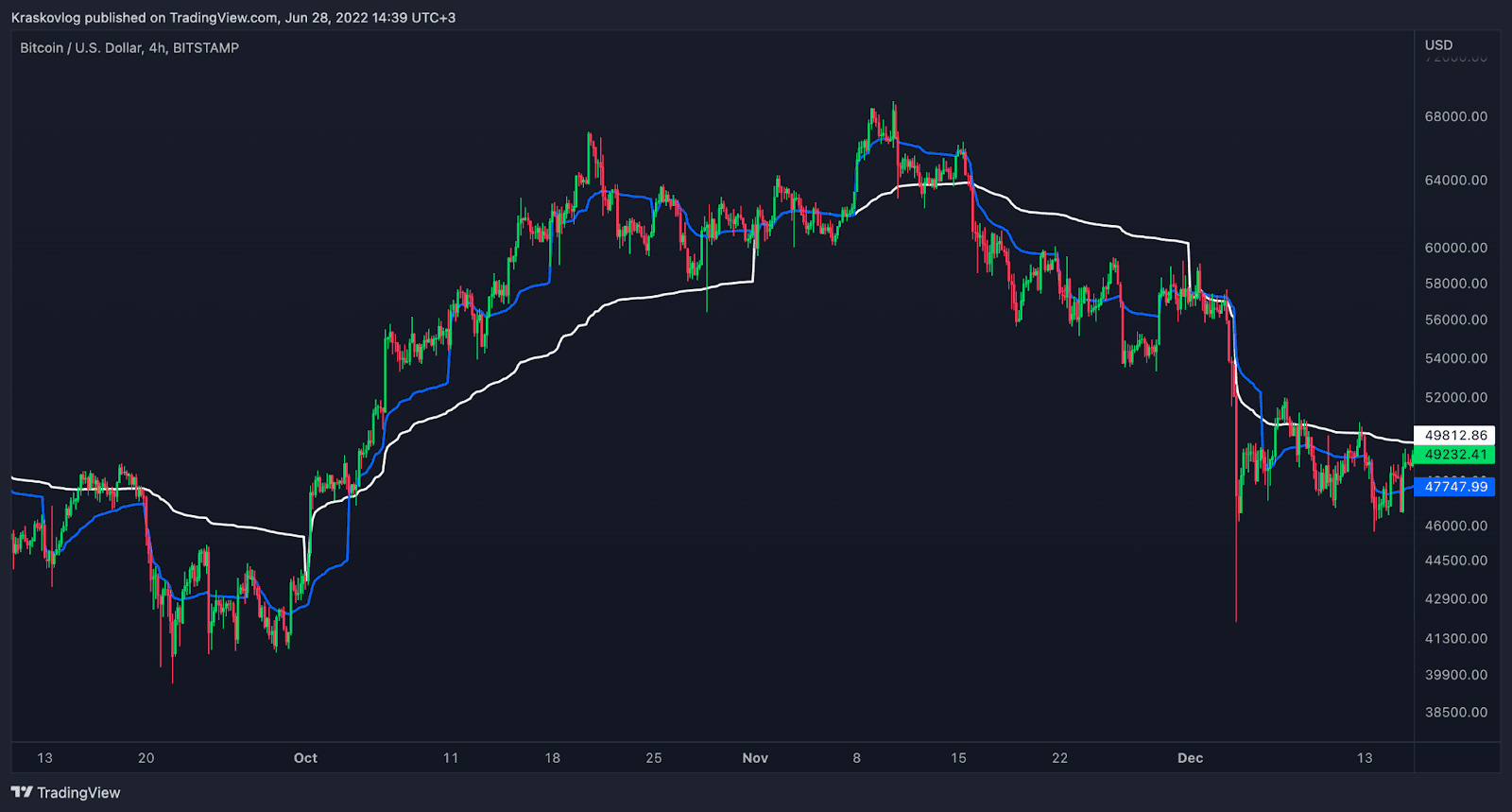
The highly volatile Mad cryptocurrency has seen a massive surge of 67% in the last 24 hours, trading at $0.00006226 as of 02:49 a.m. EST. This sudden spike in price, along with a heavy overbought RSI level of 86, signals a potential correction or pullback in the near future. However, the Mad price has managed to break above both the 50-day and 200-day SMAs, indicating a strong and sustained bullish trend. The ADX value above 60 also confirms the strength of this rally. Stay updated on this exciting development by joining our Telegram channel.

In a note released on Friday, JPMorgan addressed concerns over potential credit risk for Indian banks heavily exposed to the Adani Group, following the recent indictment of its billionaire founder, Gautam Adani, in the US. While the charges have sparked a drop in shares of state-owned banks, JPMorgan analysts have deemed the banks' exposure "manageable," with their assessment showing a low risk of default from the Adani Group. However, global and local banks are expected to take a cautious approach in providing any new funding to the conglomerate, with potential for higher interest rates due to heightened risks.
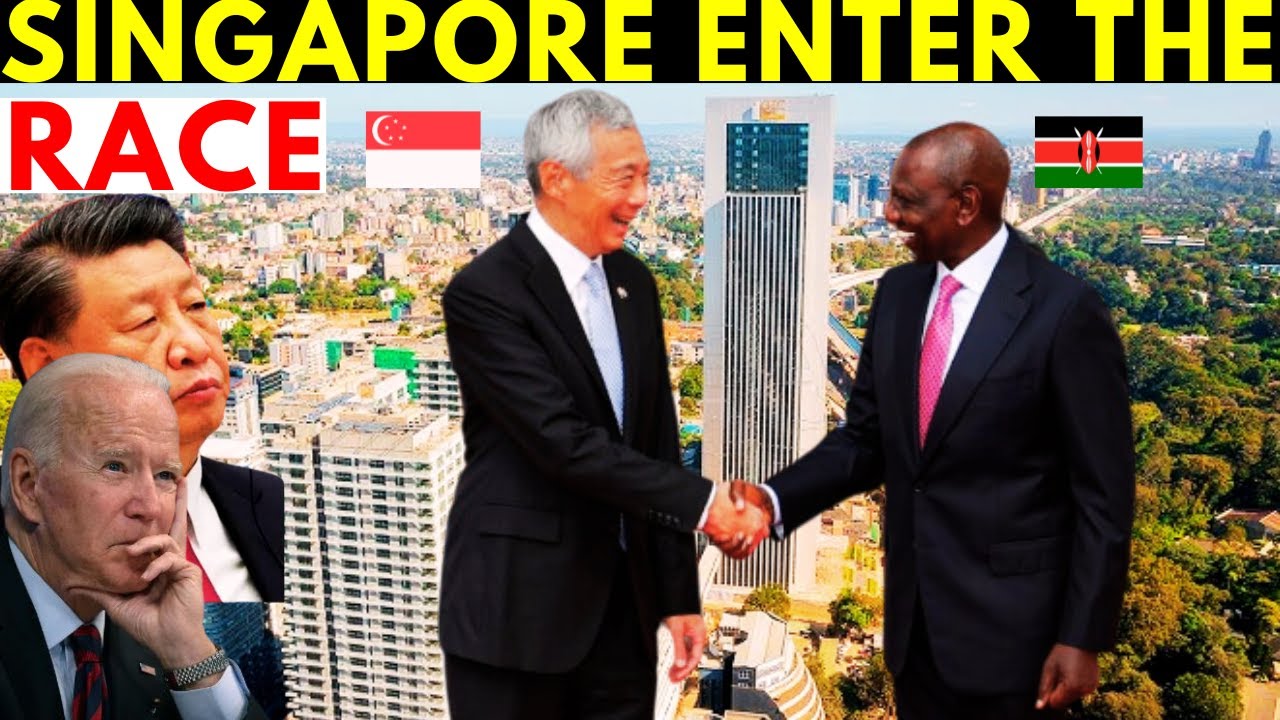
In a state of the nation address, Kenya's President announced the cancellation of major deals with Indian tycoon Gautam Adani, including an airport expansion project and power transmission lines. This decision was made in light of U.S. bribery and fraud indictments against Adani, who has been charged with securities fraud and conspiracy. The controversial deals had faced backlash from Kenyan protesters and airport workers concerned about potential job losses. Despite claims from Kenya's Energy Minister that no corruption was involved on their part, the country has now severed ties with Adani's conglomerate.
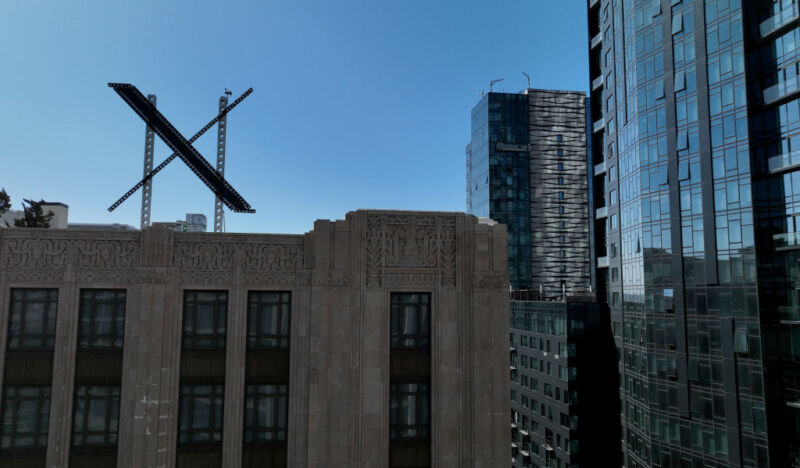
X's new terms of service, which allow the company to use user data and hold users accountable for overusing the platform, are prompting long-time users, including celebrities like Gabrielle Union, to leave the popular microblogging platform. In response, many users are turning to Bluesky, a microblogging startup, with its U.S. mobile app downloads increasing by an estimated 651% since the start of November. Despite X and Meta's larger user bases, Bluesky's growth suggests many users are looking for alternatives to X's new terms.

Zomato’s new “Food Rescue” feature caught the attention of Bengaluru resident Bhanu who offered practical and thoughtful suggestions to CEO Deepinder Goyal. Impressed by his insights, Goyal extended an unexpected job offer to Bhanu, a product manager working for a startup. This positive exchange highlights the importance of hiring talented individuals who offer practical solutions to enhance a company’s operations. Zomato, known for handling over 4,00,000 cancelled orders per month, aims to prevent food wastage with their new feature, which offers discounted meals to customers within a 3km radius of a delivery partner with a cancelled order.
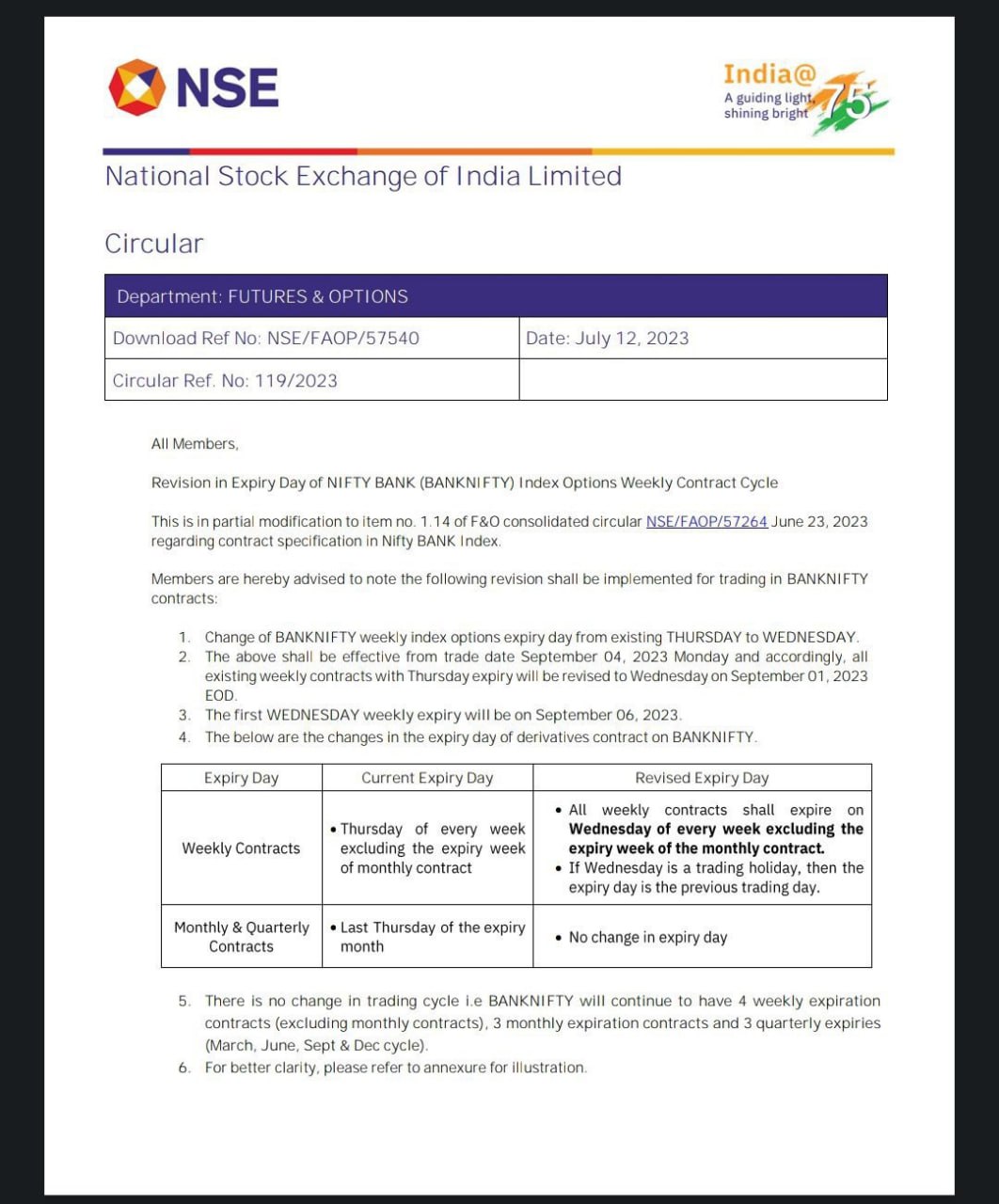
Zerodha co-founder and CEO Nithin Kamath shared a humorous mock obituary for Bank Nifty Weekly contracts on social media. The post, created by one of his old trader friends, announced the "passing" of Bank Nifty Weekly and mentioned its struggles with regulation. The post has since gone viral, with many traders reminiscing about their experiences with this contract.